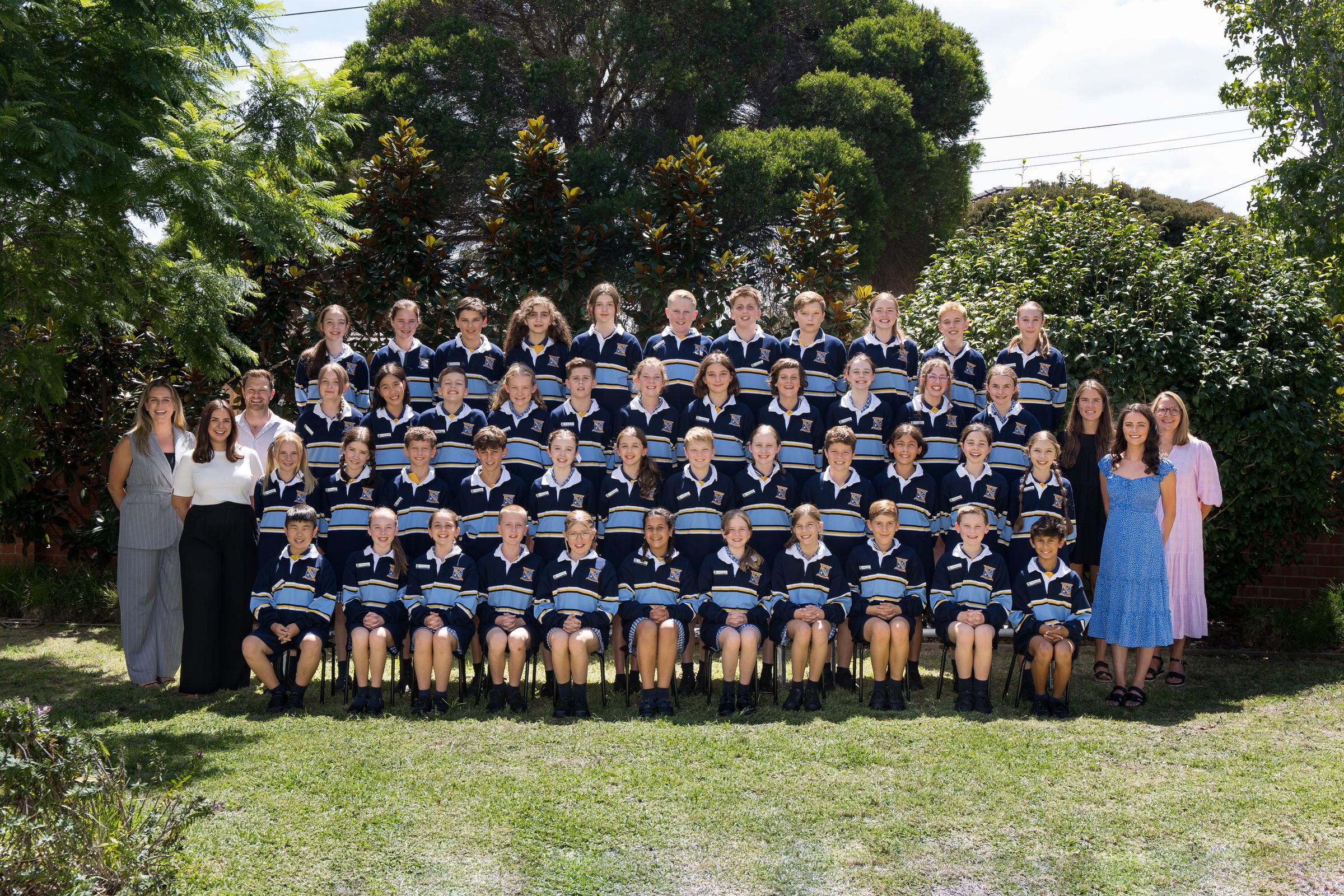Deputy Principal News: School Transitions

This week we hosted our 2025 Prep students for their first orientation session. As always, the students experienced a range of emotions as they prepared to enter St Joseph's school environment for the first 'official' time. At the tail end of our school, our Year Six team are continuing to support our most senior students with their transition from St Joseph's into their respective High Schools.
Transition periods are exciting, but also bring with them a wide range of emotions, including anticipation and nervousness. Periods of change can be uncertain for us all, and for the little people in our care, it can be difficult to regulate and understand these big emotions.
The power of your words during this time can make all the difference as students entering Prep (and changing year levels) navigate these emotions. Listening to children and validating their feelings is important. Doing this whilst reminding them of the positives and their ability to get through challenging times, really sets students up for success. Please have a read below of some of the tips that may ease the tension for your children. Change is always made easier when children are prepared for the transition.
- Be positive about the year ahead: Children generally take their cues from their parents so your attitude to school, your child’s teacher and learning can set the scene for a positive year ahead. Be positive and confident that your child will fit in and succeed and you increase the likelihood that they will do so.
- Tell them what to expect: One of the best ways to ease a child’s anxiety is to provide information about what they can expect at school. Over the school holidays, reinforce what they have already learned about their new teacher, play areas, routines and other aspects of school they may have experienced during the transition program or moving up experience. These small discussions can assist students to be better prepared when the new school year begins.
- Develop your child’s independence skills: Children with age-appropriate self-sufficiency skills generally find starting school much easier. In the months leading up to the start of school make sure your child knows: how to open and close their lunchbox; how to pack their bag or backpack; how to use the toilet independently; and how to pack away their belongings. Also help them develop the habit of packing up their toys, their dinner plates and their clothes. These simple habits soon become ingrained patterns that will help maximise your child’s long-term success at school.
- Explain what school expects from them: Let your child know that being at school requires some behaviours that may be very different from those required at home. For instance, there will most likely be different rules and routines. They will probably have to work with many more children, they may have to put up their hand to get a teacher’s attention and they may have to wait their turn to be heard. Help them understand that in a classroom they may not be able to do things when they want to – which can come as a shock to some children. These lessons about fitting in will help your child adapt quickly to their new surroundings.
- Familiarise them with the school environment: The scale of the physical environment of a school can be daunting for children entering Prep and also those children transitioning to High School. Consider spending some time at school during the holidays so they become familiar with the playground and the buildings. Also make the journey to and from school a number of times prior to the start of school so that they are comfortable when they go on the first day.
- Develop a goodbye routine: Despite the best start to the school year there will always be those days when a child just doesn’t want to go to school. Tears and tantrums are common for many school starters. It helps in these less-than-pleasant situations if you have a goodbye routine that includes a smile, a kiss and/or hug and leaving without looking back. If saying goodbye in the morning continues to be a struggle, seek the advice and help of your child’s teacher.
In addition to the wonderful discussions at home, the children are having discussions with their teachers and classmates about what to expect during this time.
As always, if your family requires support during these transition periods, please do not be afraid to reach out.
Warmest regards,
Alannah Harrison
Deputy Principal & Literacy Leader


